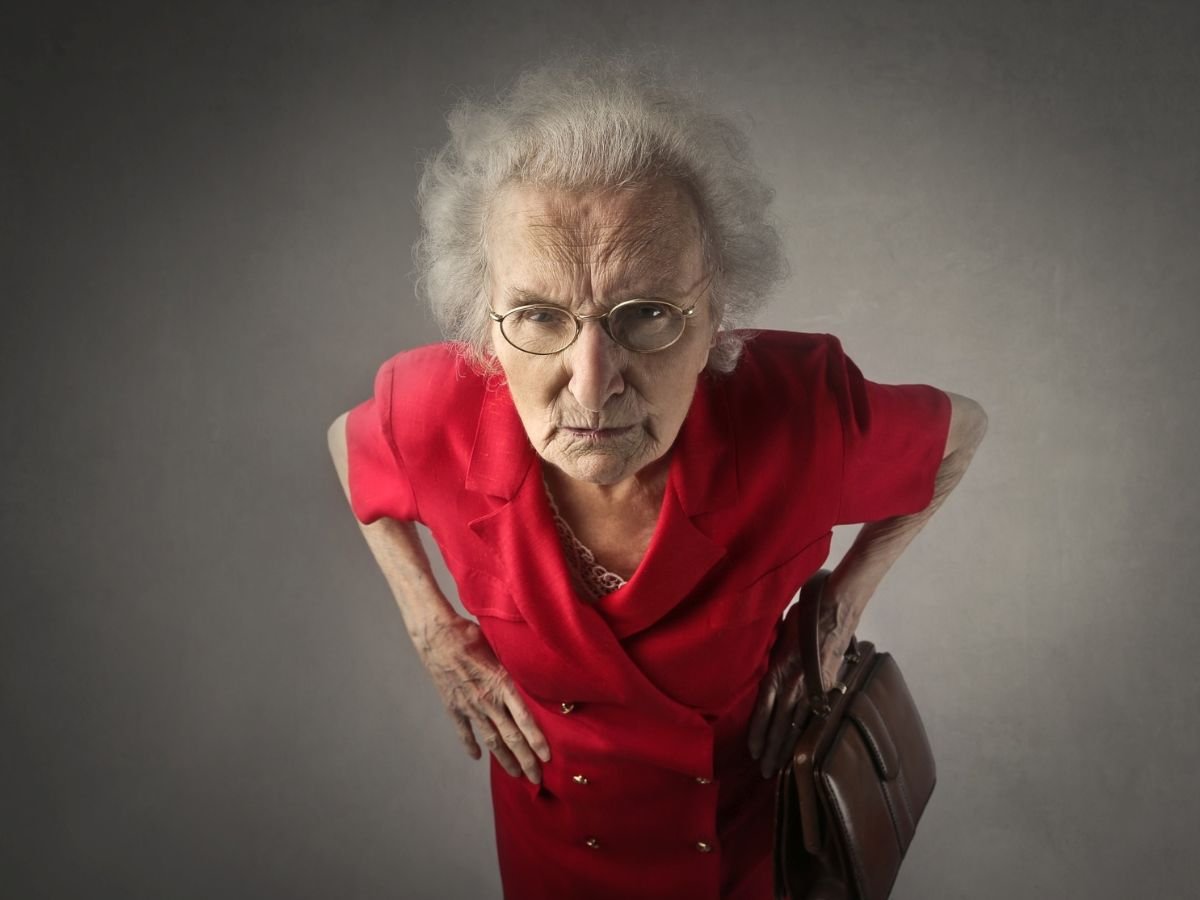
Why Is My Elderly Parent Always Cold
Family members often notice that their elderly parents seem unusually sensitive to cold, sometimes expressing concerns such as “My senior is always cold” or observing persistent shivering. This experience is common among older adults and can be both uncomfortable and indicative of underlying health concerns.

Support Groups and Resources for Families Affected by Alzheimer’s
Alzheimer’s disease is a progressive neurological disorder that affects millions of seniors and their families across the United States. In Georgia, the impact of Alzheimer’s is deeply felt, as families navigate the emotional, physical, and financial challenges that come with caring for a loved one diagnosed with this condition. Access to support groups and comprehensive resources is essential for families seeking guidance, understanding, and practical assistance.

Best Strategies For Long-term Stroke Rehabilitation For Seniors
Stroke recovery is a journey that requires patience, dedication, and a comprehensive approach to rehabilitation. For seniors, the process can be particularly challenging, but with the right strategies and support, significant progress is possible. This blog explores various rehabilitation techniques and therapies that aid long-term recovery for stroke survivors, and how families can support their loved ones throughout the process.

Why Sleep Matters for Seniors and How to Enhance It
Sleep is a fundamental component of overall health, and its importance becomes even more pronounced as individuals age. For seniors, quality sleep is crucial for maintaining physical health, cognitive function, and emotional well-being. However, many seniors face challenges in achieving restful sleep. This blog explores the significance of sleep for senior citizens, common reasons for sleep disturbances, and practical ways families can help improve sleep for seniors.

Helping Seniors Manage Stress and Anxiety Naturally
Emotional health in older adults often goes unnoticed, even though stress and anxiety can deeply affect their overall well-being. Unlike younger individuals who may express emotional strain openly, seniors often exhibit more subtle signs. A withdrawn demeanor, sudden irritability, disrupted sleep, or even physical discomfort might point to something deeper—chronic stress or anxiety that’s quietly building over time.

Creating a Safe and Comfortable Home for Seniors
Aging at home is the preferred option for many seniors today, offering familiarity, autonomy, and emotional security. However, as individuals grow older, the home environment must adapt to support both safety and comfort. Without thoughtful modifications, even the most familiar setting can pose unexpected risks.

Tips for Communicating Clearly with Seniors with Dementia
As dementia progresses, communication becomes one of the most significant challenges for both the senior and the caregiver. Whether you’re communicating with elderly parents or providing daily care for someone with cognitive decline, patience and understanding are critical. Difficult conversations, forgotten words, and confusion can all create moments of frustration, but there are ways to foster more meaningful connections.

Healthy Diet Tips for Seniors and What to Know for Better Nutrition
Maintaining a healthy diet becomes increasingly important with age. As metabolism slows and nutritional needs shift, the right balance of nutrients can support energy, immune function, and overall wellness. For older adults, proper diet not only promotes longevity but also improves quality of life.

Understanding the Role of Companion Care for Senior Health
As seniors age, their needs evolve—physically, emotionally, and socially. While medical care remains a top priority, emotional and social well-being are often overlooked. Companion care for seniors fills this essential gap, offering support that promotes not only wellness but also dignity, autonomy, and peace of mind.

How to Maintain Senior Independence While Receiving Care
Maintaining seniors’ independence and mobility becomes crucial for both their physical and emotional well-being as the age. Aging often brings physical, emotional, and cognitive changes that may require additional care. However, one of the most significant challenges for both seniors and their caregivers is striking the right balance between receiving necessary assistance and maintaining elderly independence.

How Homecare Services in Georgia Can Ensure Senior Health and Safety
Maintaining our senior loved ones’ independence while ensuring they receive the care they need can be a challenge. Quality in-home care for seniors is an excellent solution for families who want their elderly loved ones to remain in a familiar environment while receiving personalized support.

How to Create a Care Plan for Your Aging Loved One
As our loved ones age, ensuring they receive the care they need becomes a priority. Developing a long-term care plan for seniors is essential for supporting their health, safety, and well-being. This plan not only provides structure for medical care but also ensures that all aspects of their daily life are considered, from emotional support to practical needs.

A Caregiver’s Guide to Effective Laundry Management for Seniors
Laundry management is one of those essential tasks that often gets overlooked in caregiving, yet it plays a crucial role in maintaining seniors’ comfort and well-being. As seniors age, they may face physical limitations that make laundry tasks challenging.

The Importance of Crisis Intervention in Caregiving
Caring for a loved one, especially a senior, can be deeply fulfilling, but it also comes with its own set of challenges. One of the most critical aspects of caregiving is crisis intervention in caregiving—a proactive approach to managing and addressing unexpected situations that may arise.

Understanding Anxiety in the Elderly—Causes, Symptoms, and Solutions
How can you help seniors manage anxiety? Discover senior caregiving tips and quality in-home care for seniors in Georgia to support senior emotional and mental health.

Why Is My Elderly Parent Shaking and How to Address It
Our bodies go through numerous changes as we age, and one common concern for many seniors is the occurrence of shaking hands or the body. While shaking in elderly individuals can be a natural part of aging, it can also be a sign of underlying health issues.

Essential Guide to Maintaining Dental Health for Seniors
Maintaining dental health for seniors becomes more important than ever as we age. Dental care impacts overall health, from the ability to eat comfortably to preventing other health conditions such as gum disease or even heart disease.

Superfoods to Optimize Senior Diets and Meet Elderly Nutrition Needs
Our bodies go through subtle yet important changes as we age, especially in how they respond to food. In order to maintain optimal health during these later years, focusing on senior diet tips is essential.

Why Is My Senior Parent Always Angry?
It’s not uncommon for seniors to experience mood changes, but when anger becomes a consistent emotion, it can be difficult for family caregivers to understand. Often, anger in seniors is a reflection of deeper emotional or physical concerns that might not be immediately apparent.

Tips for Helping Your Aging Parents Transition Into Your Home
As our parents age, their health and safety needs evolve, often making it difficult for them to continue living independently. Moving them into your home can be a loving and proactive way to ensure they receive the care they deserve.

